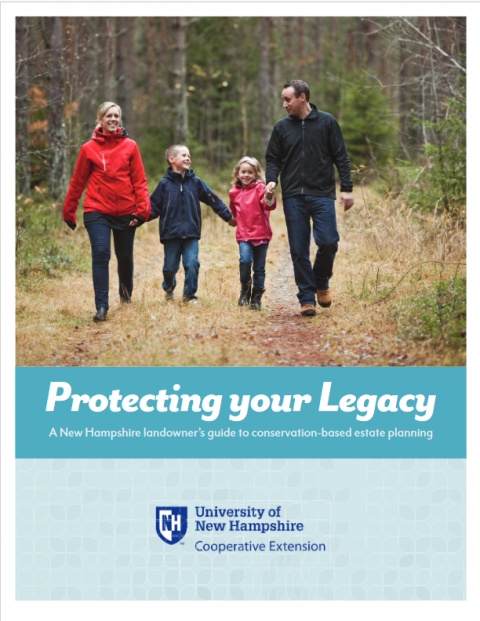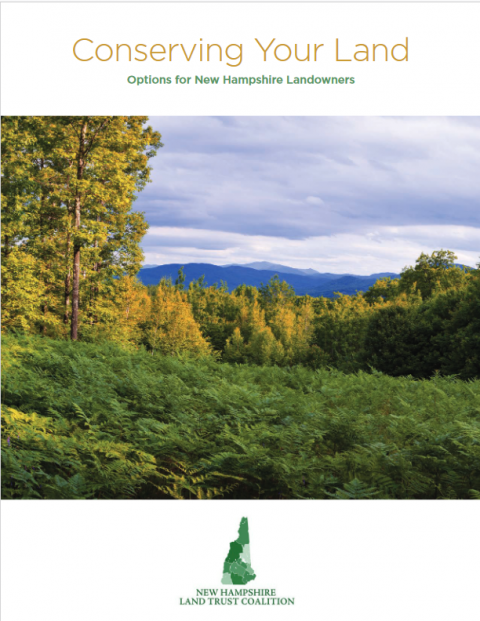Conservation Resources to Share with Landowners
As a forester, I have the privilege of working with many landowners. When I visit their properties, I can see that many of these owners have invested untold hours of effort in caring for and tending their forests. With forests, we are often looking at a time scale in centuries for them to grow and evolve. So many of today’s landowners are caring for trees that will be harvested long after they are gone. With many of our tree species having lifespans in the hundreds of years, this commitment to being good stewards goes beyond any individual persons’ tenure of ownership.
Unfortunately, even with the best of intentions, some of these forest lands face uncertain futures unless owners have considered and planned for how their lands will transition to (hopefully) the next generation of stewards. It’s an awkward subject, and so it can be easy to put off having discussions with family members, yet it is so important when it comes to ensuring the landowner’s desired outcome. It can also be daunting trying to navigate the various options and the financial implications of these options.
Protecting Your Legacy: A New Hampshire Landowner’s Guide to Conservation-Based Estate Planning is a free publication that can help landowners evaluate their goals for the future of their land and other assets, learn about various estate planning tools, and understand the pros and cons of their different options.

Conserving Your Land: Options for New Hampshire Landowners is another great resource to share with landowners. This publication was published by the NH Land Trust Coalition, and is also available on-line. Conserving Your Land provides great information about conservation easements as well as other land protection options, and it also provides information about the pros and cons of these different conservation options.

As a County Forester, I have landowner files in my office that go back decades. When one of these owners dies, I am always concerned about what will happen to the land these owners have carefully tended. In some cases where assets have been given equally to surviving relatives, I have seen individuals who had to pay off their other relatives (who were not interested in owning the land) to keep the land. Unfortunately, in some of these situations, the relatives who wanted to keep the land, did not have the resources to pay for their relatives’ stakes in the property, and part, or all of the property had to be sold. Family conversations and planning may have yielded a different outcome that would have allowed that family legacy to continue on the land.
Studies show that 65 percent of our private forestland owners are age 65 and older (New Hampshire Forest Action Plan, 2020). This indicates we may be seeing a significant turnover in forestland ownership in the near future. Good estate planning will be that much more important if we want to see our forest lands continue to provide the many benefits we have come to expect. Please share these resources with landowners in your community.
-- Winter 2022 Taking Action for Wildlife Newsletter


